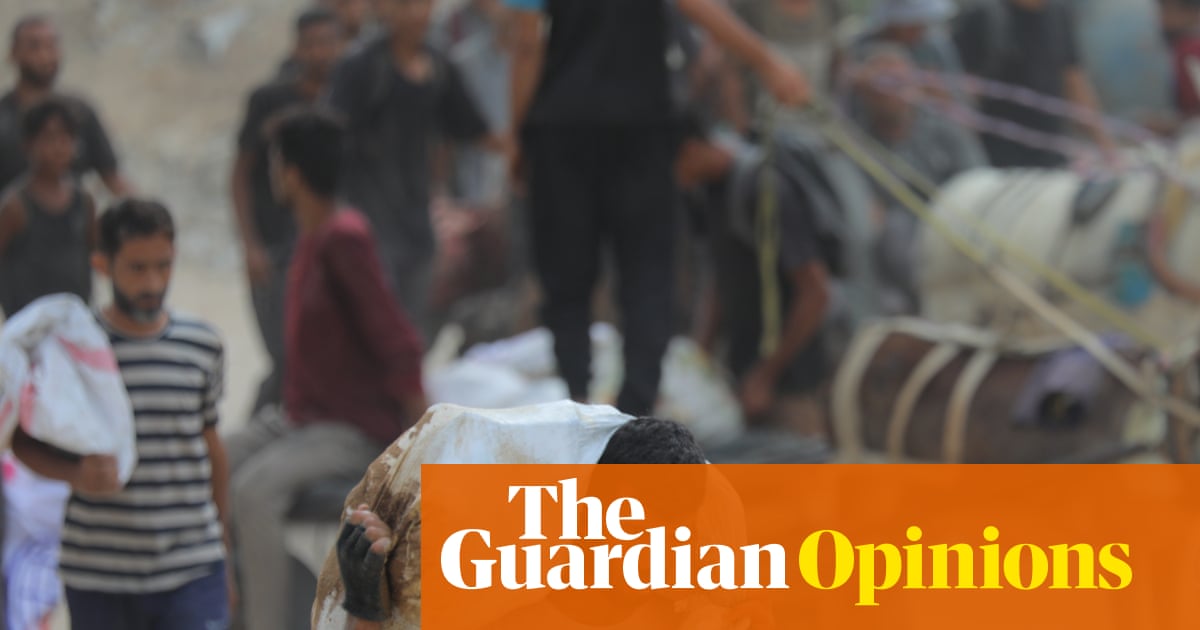
"Gaza has been held under water for 22 months, allowed to gasp for air only when Israeli authorities have succumbed to political pressure from those with more leverage than international law itself."
"More than a year after the international court of justice (ICJ) ordered Israel to take all measures within its power to prevent acts of genocide and despite all our warnings, we are still witnessing starvation, insufficient access to water, a sanitation crisis and a crumbling health system against a backdrop of ongoing violence."
"Speaking out, as I'm doing now, in the face of deliberate, preventable suffering is part of our role to promote respect for international law. But doing so comes at a price."
"International NGOs face increasingly restrictive registration requirements, including clauses that prohibit certain criticism of Israel."
Gaza has experienced extreme conditions for 22 months, exacerbated by Israeli military actions leading to forced displacements and deprivation. The humanitarian impact is severe, characterized by starvation, limited access to water, and a failing health system amid ongoing violence. Humanitarian workers have faced significant challenges, with increasing restrictions on their ability to operate and speak out. Despite an ICJ ruling to prevent acts of genocide, the situation continues to deteriorate, forcing aid workers and journalists to advocate for the people at great personal risk.
Read at www.theguardian.com
Unable to calculate read time
Collection
[
|
...
]